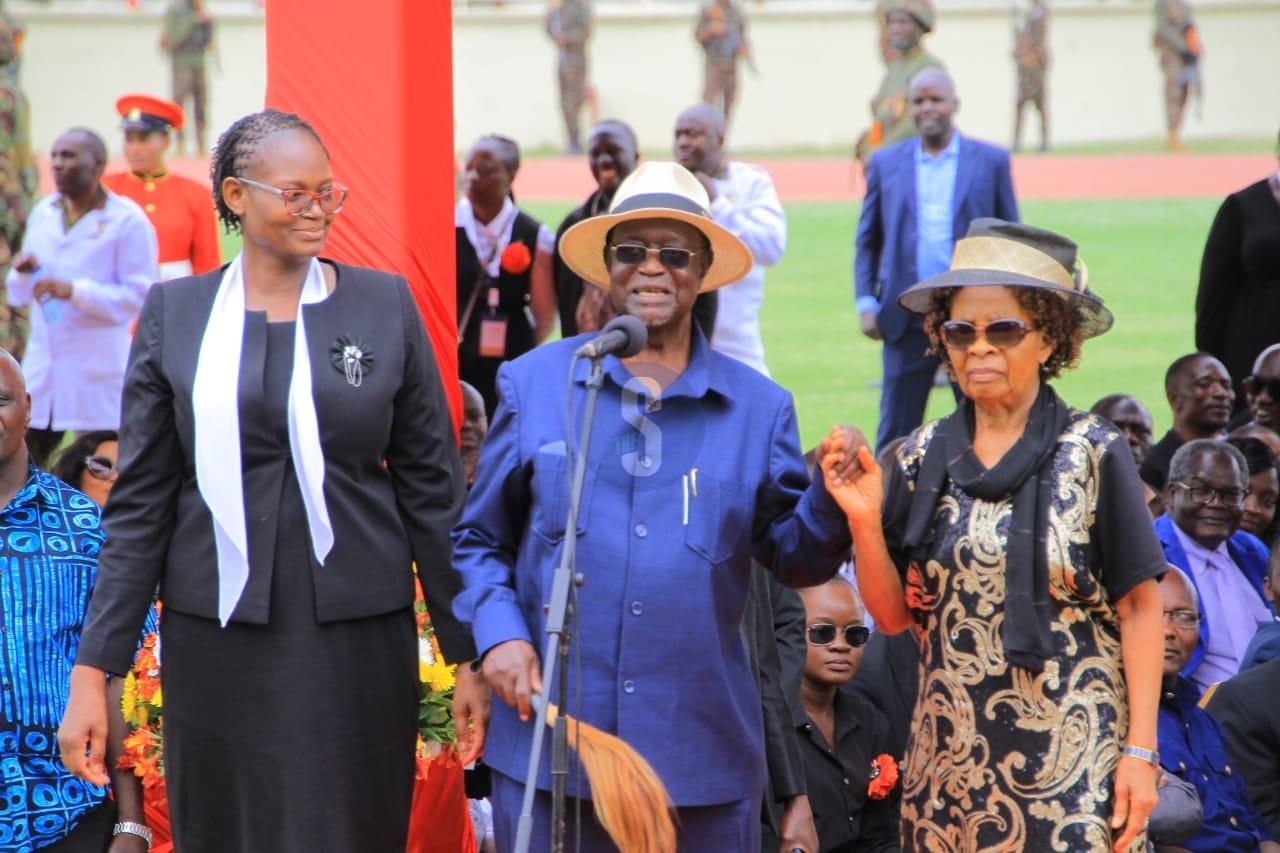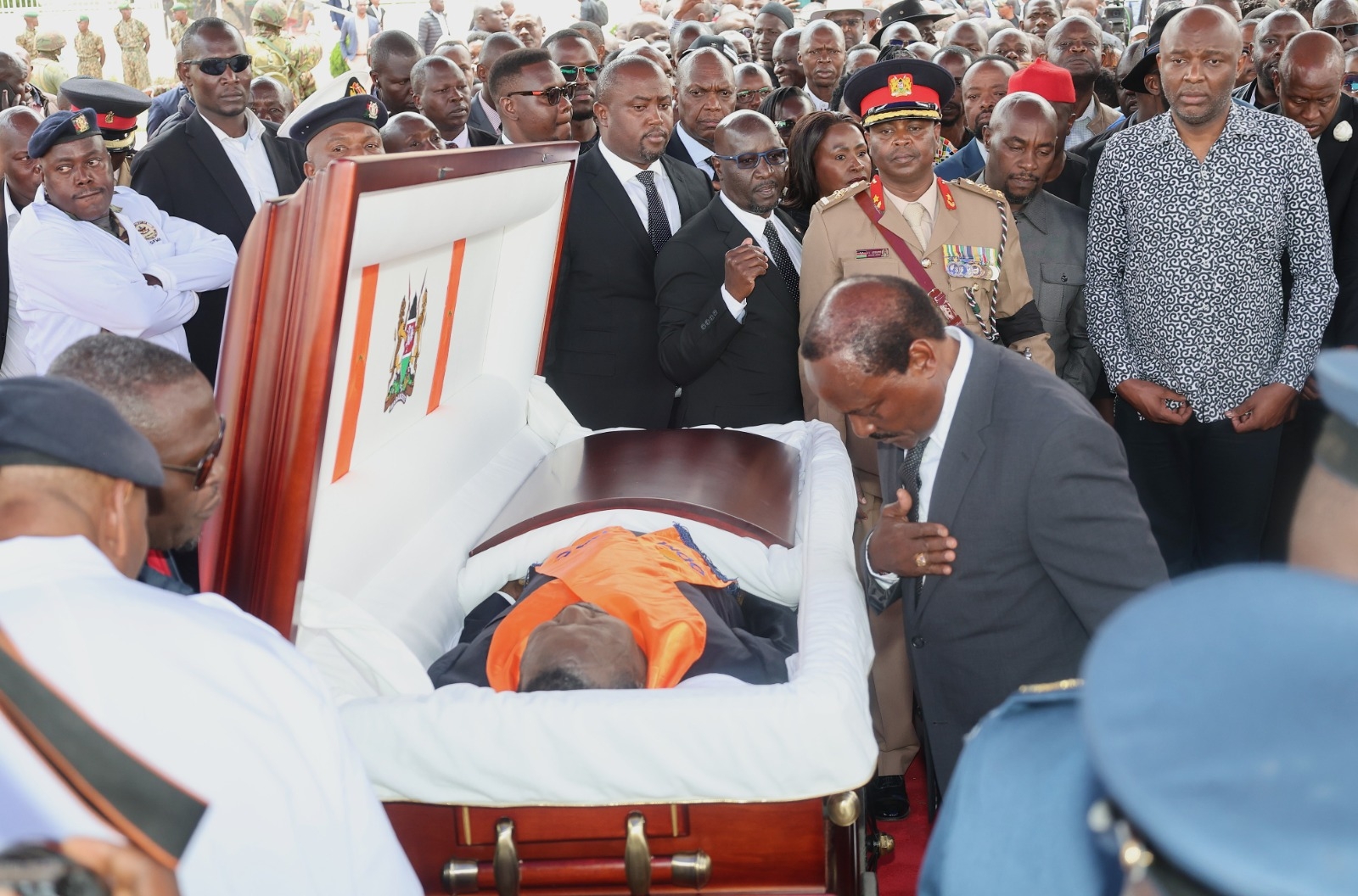Every year, World Blood Donor Day is observed on June 14 to raise awareness of the need to donate blood regularly to increase the availability of safe blood and its products for patients in need.
According to the World Health Organization, blood transfusion can potentially save many lives, but often patients needing transfusion do not have access to safe blood readily.
Women with childbirth associated bleeding, children with severe anaemia, patients with blood and bone marrow disorders, people with traumatic injuries, and patients undergoing advanced medical and surgical procedures, all need blood.
However, in countries like Kenya the donation rate is nowhere near sufficient to meet these needs. The demand versus supply gap is huge. According to the Kenya National Blood Transfusion Service, the country's official blood need is 1 million units. This can only be met by voluntary blood donation.
During this year’s World Blood Donor Day Health PS Susan Mochache said KNBTS used to collect about 450 pints of blood daily, but with the onset of Covid-19, the figure dropped by 70-80 per cent.
She noted that demand for blood has gone up mainly because of population growth, accidents and the Covid-19 pandemic, which has caused an acute shortage of blood donation as most people shy away from hospitals for fear of contracting the virus.
These persistent low collections have been a result of various challenges, mainly poor donation culture among Kenyans, apathy, negative myths and beliefs and low community awareness.
Few people think about blood until they are at the hospital in an emergency, and learn the only thing that can save their child, husband, or themselves from death is a blood transfusion. But where does the blood come from? It’s shocking, I know, but blood comes from PEOPLE. People like you and me.
According to WHO, voluntary non-remunerated blood donation is the surest approach to ensure sufficient supply of safe blood to meet national requirement of blood transfusion. However, only 62 countries have blood supplies based on close to 100 per cent voluntary non-remunerated blood donations.
Blood donation systems in most countries largely depend on family replacement donors who donate blood to help a friend or family member.
Blood donation is something every Kenyan should consider. Since blood cannot be manufactured outside the body and has a limited shelf life, the supply must constantly be replenished by generous donors.
The reason to donate is simple…it helps save lives. This lifesaving care starts with one person making a generous donation. Blood is essential to help patients survive surgeries, cancer treatment, chronic illnesses and traumatic injuries.
With every blood donation, you are providing strength, hope and courage to patients and their families in your local hospitals, not to mention that you’re also giving your overall health a great boost. On average, a person can donate blood every three months.
Donating blood regularly presents a multitude of health benefits for you—the donor. Donating blood even once a year can reduce the chances of several heart diseases – mainly heart attack – by 88 per cent, according to the study published in the American Journal of Epidemiology.
Other benefits include the mini check-up you get before you give blood. According to researchers from the University of California, donating a pint of blood (450 ml) helps your body burn about 650 calories.
As you can see, blood donation is one of the most important things you can do to help others in need. There is no substitute for blood, it cannot be manufactured. Your donation could mean the difference between life and death for someone else.
Communications officer at the Pharmacy and Poisons Board












